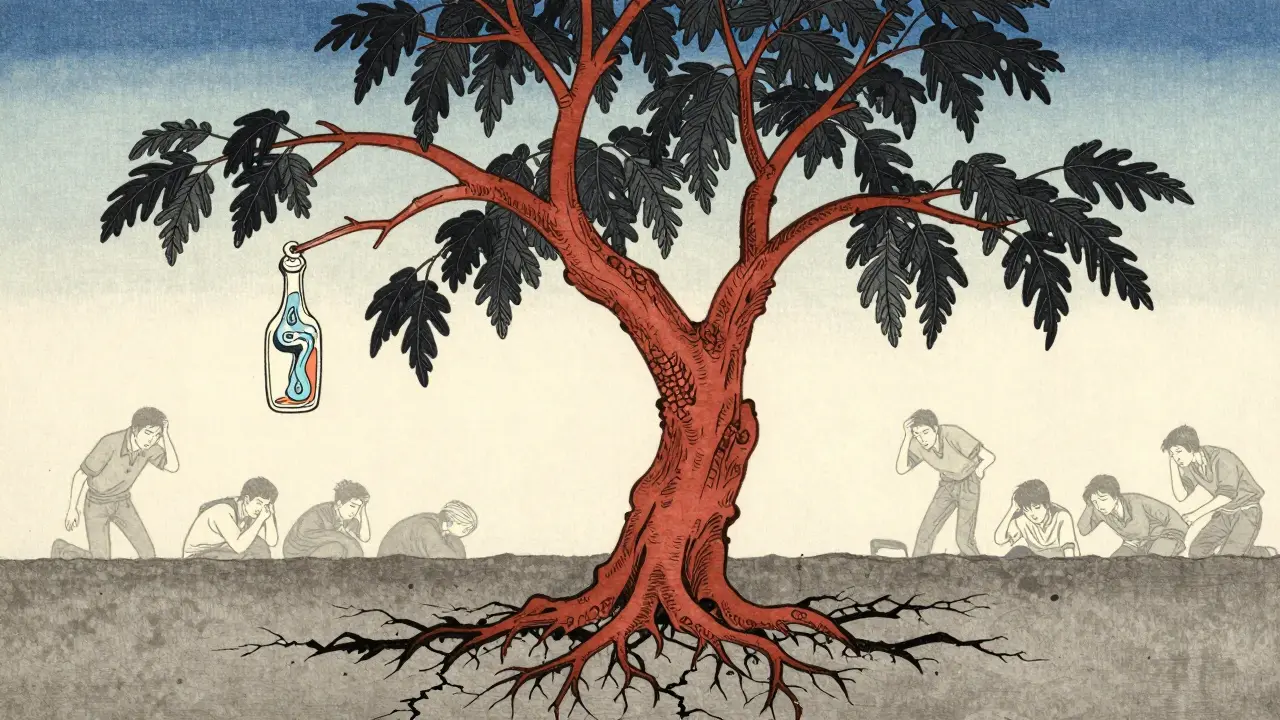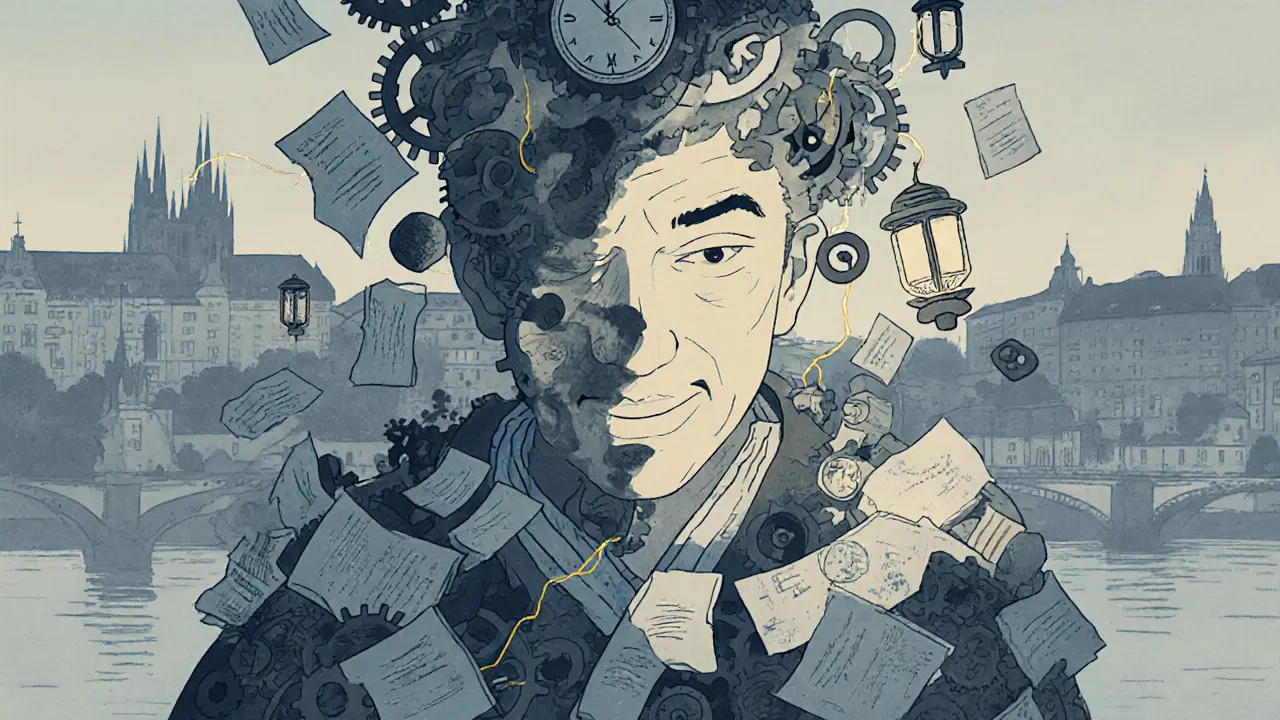Duální diagnóza: Co to je a jak se léčí závislost spolu s duševní poruchou
When someone has both a substance use disorder and a mental health condition at the same time, it’s called a duální diagnóza, současná přítomnost závislosti a duševní poruchy, které se navzájem posilují. Also known as komorbidita, it’s not just two problems stacked on top of each other — they’re deeply connected. Many people don’t realize that anxiety, depression, or trauma often drive substance use, and the other way around: drugs or alcohol can make mental health symptoms much worse. This isn’t rare — studies show that over half of people in treatment for addiction also have a diagnosable mental health condition.
That’s why treating just the addiction or just the depression doesn’t work long-term. If you quit drinking but still have untreated PTSD, the risk of relapse is high. If you take antidepressants but keep using opioids to numb emotions, you’re not healing — you’re just managing symptoms. Effective treatment needs to address both at the same time, using a psychoterapie, specifický přístup, který zahrnuje jak závislost, tak duševní poruchu that’s tailored to your unique mix of symptoms. Methods like DBT (Dialectical Behavior Therapy) or trauma-informed CBT are often used because they help with emotional regulation, coping skills, and breaking the cycle of self-medication.
People with závislost, fyzická nebo psychická závislost na látkách jako alkohol, narkotiky nebo léky often feel shame or confusion — "Why can’t I just stop?" The answer isn’t willpower. It’s biology, trauma, and brain chemistry. And when that’s paired with something like bipolar disorder or borderline personality disorder, daily life becomes even harder. That’s why duševní porucha, diagnostikované poruchy jako úzkost, depresie, PTSD nebo schizofrenie, které významně ovlivňují myšlení a chování needs the same level of attention as the addiction. You can’t heal one without the other.
What you’ll find in the articles below are real, practical insights — from how residential treatment helps when outpatient care fails, to how insurance in the Czech Republic covers therapy for dual diagnosis, to why some therapies cost more but deliver better results. There’s no magic fix, but there *is* a path — and it starts with understanding that you’re not broken. You’re dealing with two complex issues that need a coordinated approach. Let’s look at what actually works.
- Od Amed Clinton
- Psychologie a duševní zdraví
- 0 Komentáře
Duální diagnóza: Jak léčit závislost a psychickou poruchu současně
Duální diagnóza znamená současnou přítomnost závislosti a psychické poruchy. V Česku se léčí jen v několika specializovaných centrech. Integrovaná léčba, která řeší obě nemoci najednou, je jediným účinným způsobem, jak dosáhnout trvalé remise.
- Od Amed Clinton
- Psychologie a duševní zdraví
- 0 Komentáře
ADHD a deprese: Jak se léčí duální diagnóza a proč kombinovaná psychoterapie funguje
ADHD a deprese často jdou ruku v ruce - a když se léčí zvlášť, selhávají. Zjistěte, jak kombinovaná psychoterapie funguje, jak se diagnostikuje duální diagnóza a co dělat, pokud čekáte na léčbu.

